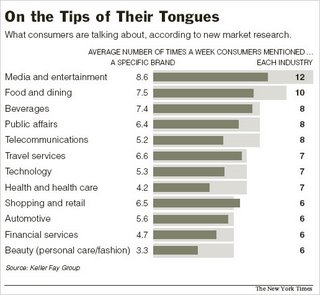Imagination - The Ultimate Venture Capital
 What We Can Learn From The Walt Disneys And Steve Jobs Of The World
What We Can Learn From The Walt Disneys And Steve Jobs Of The World
By David Miranda
Over the past century, there have been a relatively small number of individuals who have eternally changed our lives - Einstein, Edison, Ford, the Wright brothers, Gates, Disney, and Jobs to name a few. (My apologies to others not mentioned in this elite group.)
The common denominator of this group is imagination, the ultimate venture capital. Mr. Einstein said it best, "Imagination is more important than knowledge." This is why ideas are today's currency. Instead of placing emphasis on someone's resume, e.g. education, job titles, etc., that measures knowledge and experience, we should pay more attention to the critical intangibles - their imagination and creativity. It should be noted that Messrs. Edison, Disney, Jobs, Dell, and Gates do not have college degrees. In fact, in today's resume conscious world, they may never make a short list of candidates. Yet these individuals were blessed with the great intangible - a fertile imagination.
Of these individuals, Walt Disney and Steve Jobs have demonstrated the power of imagination in a world of "me-too". These men have one thing in common - what Mr. Disney called "imagineering". There was animation and amusement parks before Disney, but he gave us Mickey Mouse and Disney theme parks. There were computers and music before Jobs, but he gave us Apple and iPods. The former introduced the world to the personal computer and the latter changed the world of music.
Steve Jobs gave us the iPhone, some 2 1/2 years in the making. It has been received with great fanfare. Analysts, however, have said that the iPhone has a disadvantage in that the likes of Nokia, Motorola, Samsung, etc. have been in the marketplace longer and have a substantial market share advantage. These same pundits said the same when Mr. Jobs introduced the iPod. Back then, the incumbents were Sony, JVC, LG, Samsung, etc. and the music distribution insurgent was Napster. Today the iconic iPod has an over 80% market share of music players and, to date, has sold over 2 billion iTunes.
The prognosis for the iPhone? I, for one, wouldn't bet against the imagination of Mr. Jobs. He has raised the bar in the cell phone sector while at the same time thrown down the gauntlet on the holy grail of personal technology - convergence. He gave us more than just a hint of his future intentions in the less reported announcement of Apple Computers Inc. formally changing its name to Apple Inc.
What can we learn from Mr. Jobs, Mr. Disney and others? Resumes don't determine greatness, people do -people with imaginations. Mr. Disney said it best.
"You can dream, create, and build the most wonderful things in the world, but it takes people to make the dream a reality."
People with imagination!



